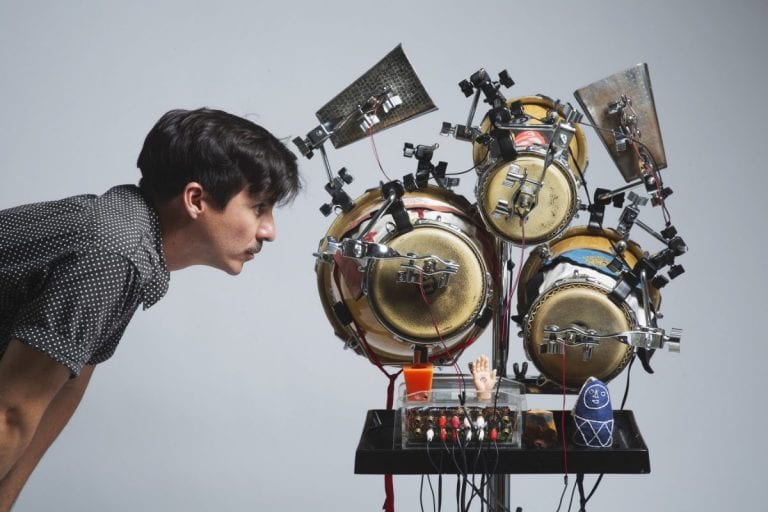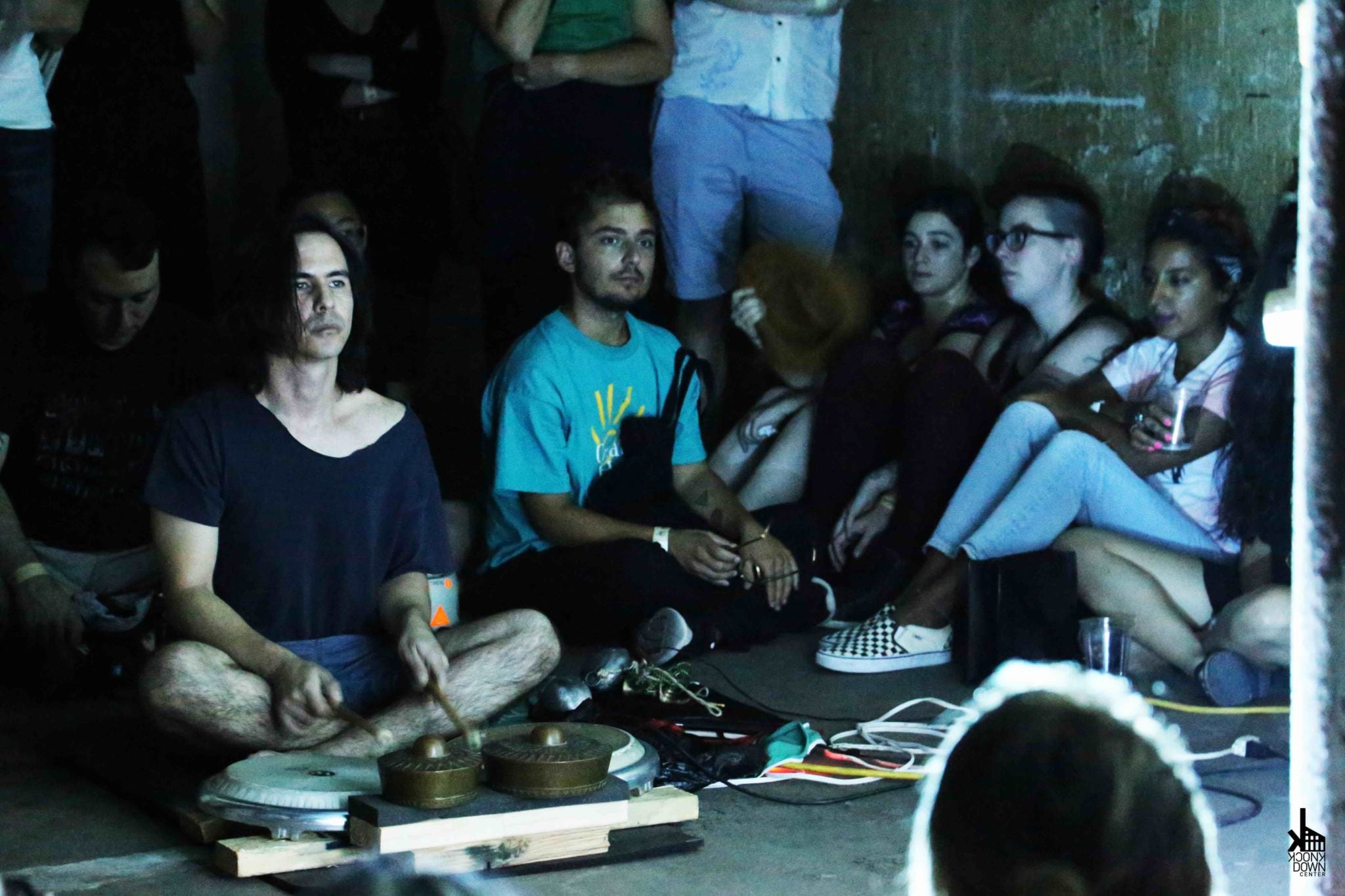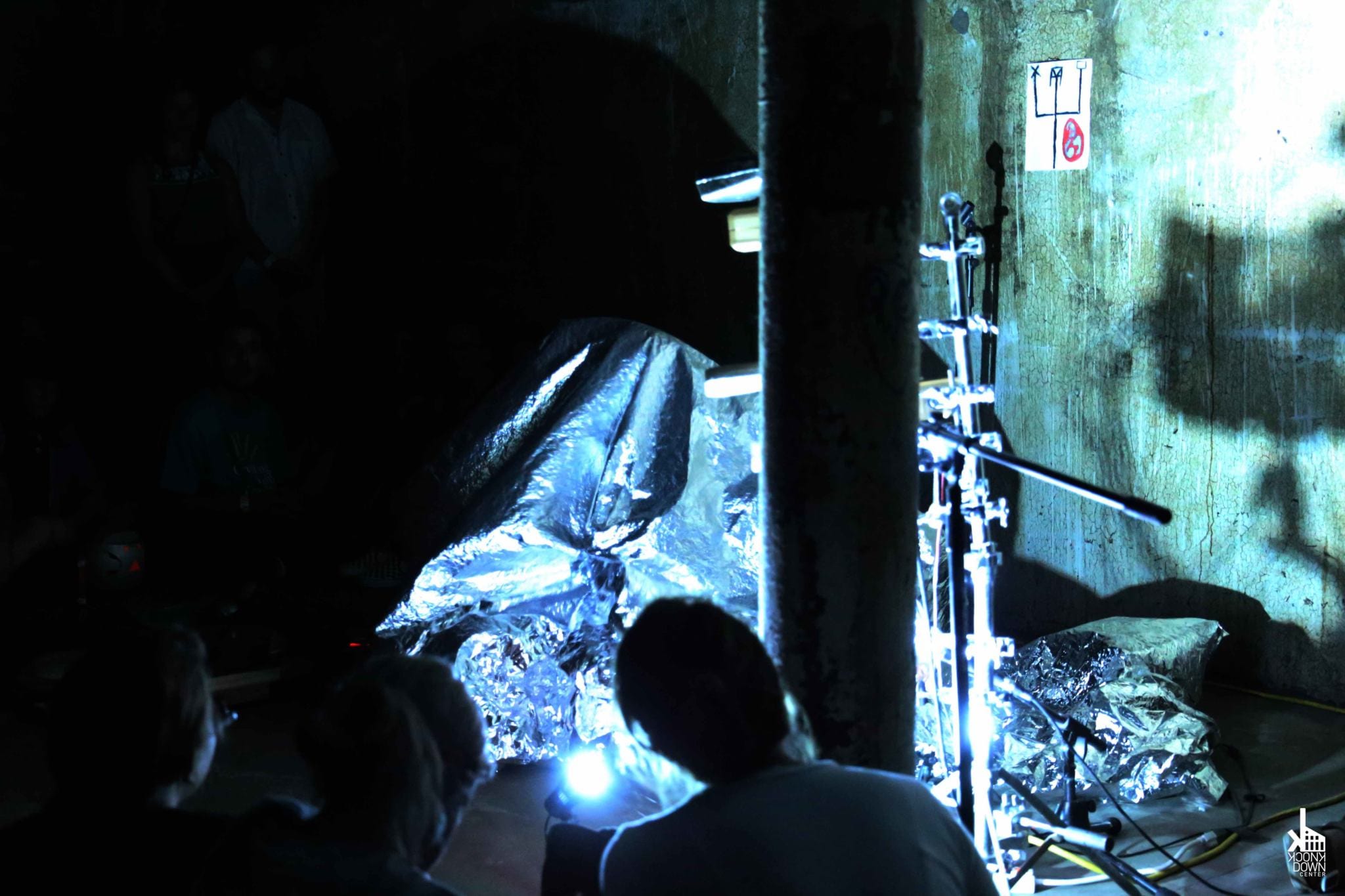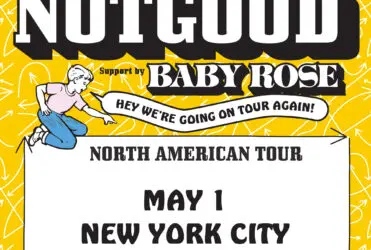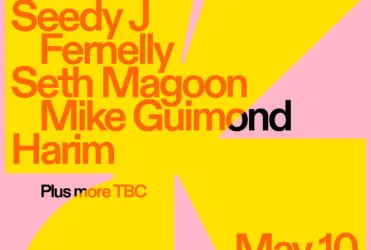ARTISTS
Efraín Rozas
Robot, teach us to Pray is a sound performance by composer and robotics developer Efraín Rozas with his robotic percussive sculpture. The robot, coded and built by the artist, recognizes human movements and generates rhythmic patterns in real time. The robot’s percussive patterns are generated by an algorithm and a software developed with a logic that draws from Rozas’ Latin American music background and his personal concepts of time. Through the performance, Rozas’ relationship with the robot becomes a means to create a personal ritual.
Robot, Teach us to Pray is the third and last installment of Myth and Prosthesis, a series of sound installations and performances by Rozas. The series explores new possible paradigms in the relationship between technology, culture, body, and cognitive processes. It also asks what cosmologies, epistemologies, and mind/body concepts are represented in new technological prostheses.
This project was developed with the support of The New York State Council on the Arts/Wave Farm and Harvestworks.
Efraín Rozas is Peruvian Brooklyn based performer/composer and robotics/software developer interested in new paradigms of cognitive technologies and mythologies.
In 2018 he released the album “I enjoy the World” described as “A psychonautic deep dive” by Wire Magazine. His robotic installation “Myth and Prosthesis” has received the NY State Council on the Arts/ Wavefarm Media Arts Assistance Fund 2018, Harvestworks New Works Commission & Residency (New York), a commission from Knockdown Center (New York). He has presented it at the Crazy Music Festival (Luxembourg), Yaam (Berlin), and Worm (Rotterdam).
His work has been featured at CNN, BBC, Washington post, Wire magazine, Daily News, and NPR Soundcheck. He has performed at the Lincoln Center, Brooklyn Museum, Queens Museum, Levitation Festival, and played with his experimental Latin American ensemble “La Mecánica Popular” at Central Park Summerstage Fania Records 50th anniversary in New York. As a researcher he has focused on the experimentalisms of the global south. He holds a PhD in composition and ethnomusicology at New York University. He has published the book “Fusión: a soundtrack for Peru”, and has released several LPS internationally via Names You can Trust, the Ethnomusicology Institute of Peru and the Embassy of Spain. He teaches at New York University and produces “La Vuelta al día en 80 mundos” since 2008, nominated to the best “World Sounds” radio show by Mixcloud.

